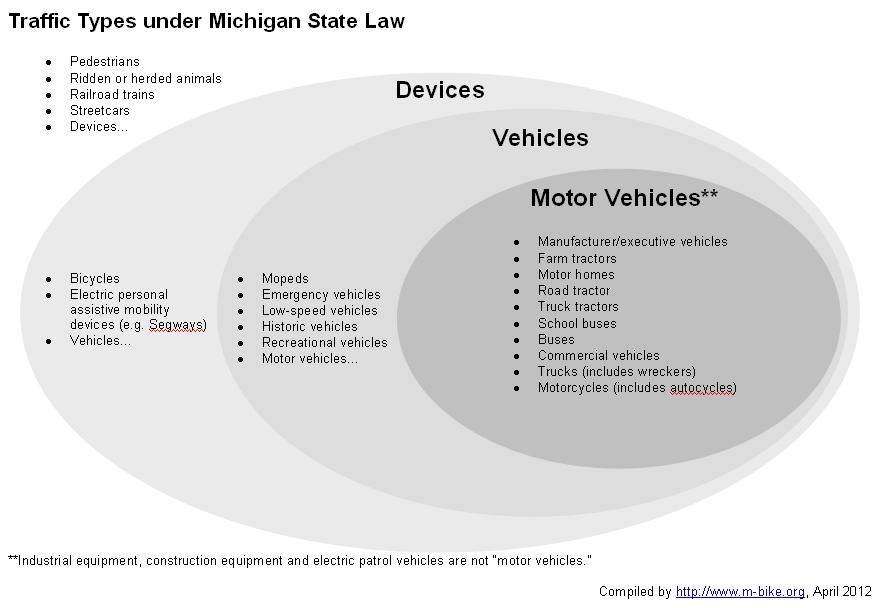Courts reduce road agency liability
Thursday, May 3rd, 2012It’s already difficult to sue road agencies under state law for the quality of the road beneath your tires.
MCL 691.1402 GOVERNMENTAL LIABILITY FOR NEGLIGENCE
Each governmental agency having jurisdiction over a highway shall maintain the highway in reasonable repair so that it is reasonably safe and convenient for public travel. A person who sustains bodily injury or damage to his or her property by reason of failure of a governmental agency to keep a highway under its jurisdiction in reasonable repair and in a condition reasonably safe and fit for travel may recover the damages suffered by him or her from the governmental agency. The liability, procedure, and remedy as to county roads under the jurisdiction of a county road commission shall be as provided in section 21 of chapter IV of 1909 PA 283, MCL 224.21. Except as provided in section 2a, the duty of a governmental agency to repair and maintain highways, and the liability for that duty, extends only to the improved portion of the highway designed for vehicular travel and does not include sidewalks, trailways, crosswalks, or any other installation outside of the improved portion of the highway designed for vehicular travel. A judgment against the state based on a claim arising under this section from acts or omissions of the state transportation department is payable only from restricted funds appropriated to the state transportation department or funds provided by its insurer.
Remember that in Michigan bicycles are not vehicles, therefore road agencies can’t be sued for defects in bike lanes or on paved shoulders.
That’s both good and bad. It’s good for countering road agencies arguments that bike lanes raise their liability. They don’t. In fact, they can reduce it. That’s not our opinion. That’s the opinion of the Michigan State Attorney General’s office.
The bad part is this lack of liability removes a motivating factor for keeping them well maintained. Then again, the roads aren’t in all that great a shape either.
Gravel doesn’t count
Last week the Michigan Supreme Court clarified the road liability a little more. They said the Road Commission for Oakland County (RCOC) could not be sued for gravel that accumulated on a road. That gravel allegedly caused a motorcycle crash.
“Basically the law states that a defect must be in the traveled portion of the road and the higher courts interpretation is that it must be in the road bed itself and the gravel was simply a dusting on the surface of the road that you would see anywhere on a daily basis,” [RCOC attorney Paula] Reeves explained.
Michigan law established that if snow and ice are on a roadway, the RCOC is not liable for any damages. Subsequently the Supreme Court last week issued an opinion stating under Michigan Law the agency is not culpable in this incident since RCOC is responsible for keeping the roadway in “reasonable repair,” and loose gravel on a roadway does not fall under this definition.
“The courts took this logic and extended the law to apply to gravel,” Reeves noted.
This ruling could likely be applied to a bicyclist crashing on gravel in a vehicle travel lane.
Again, this is good and bad for the same reasons mentioned earlier.
However, if reducing the liability means more bike lanes, we’ll take it.
We’ll deal with the occasional gravel.


